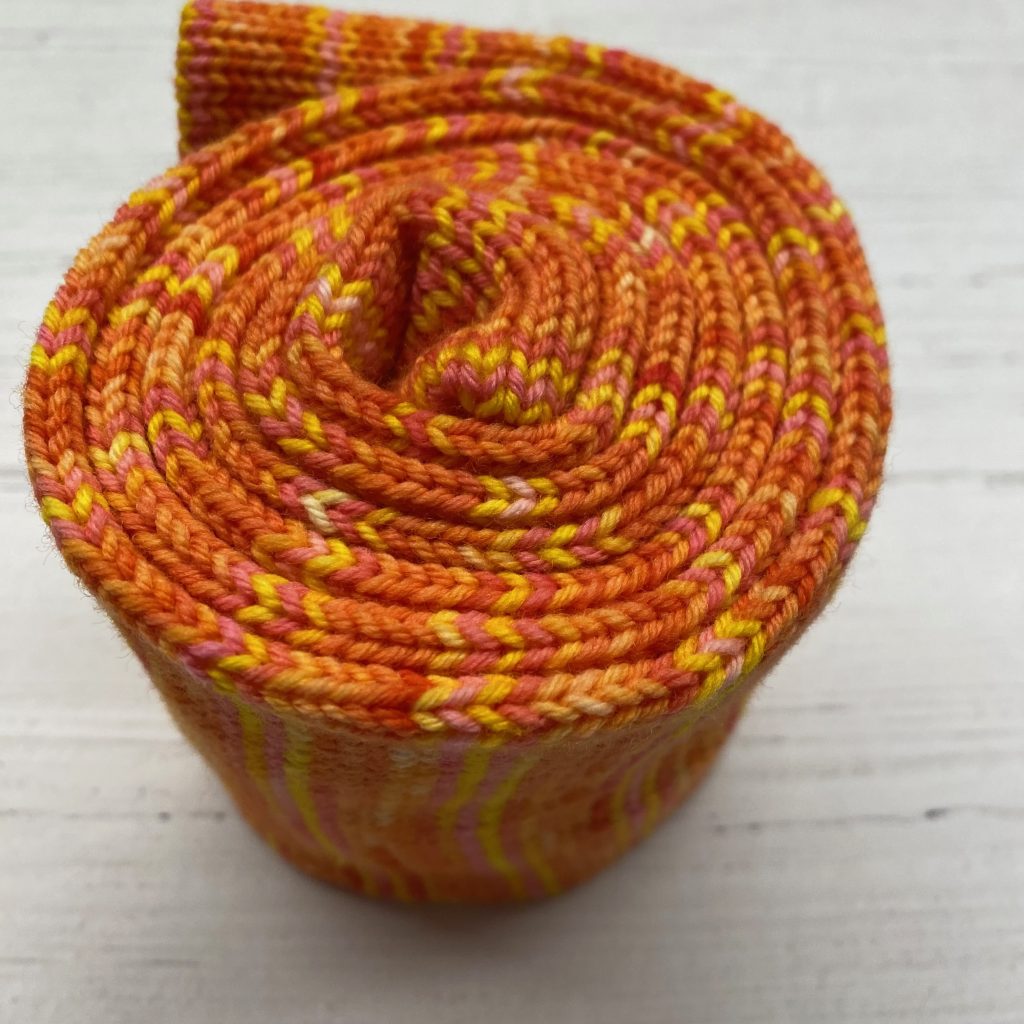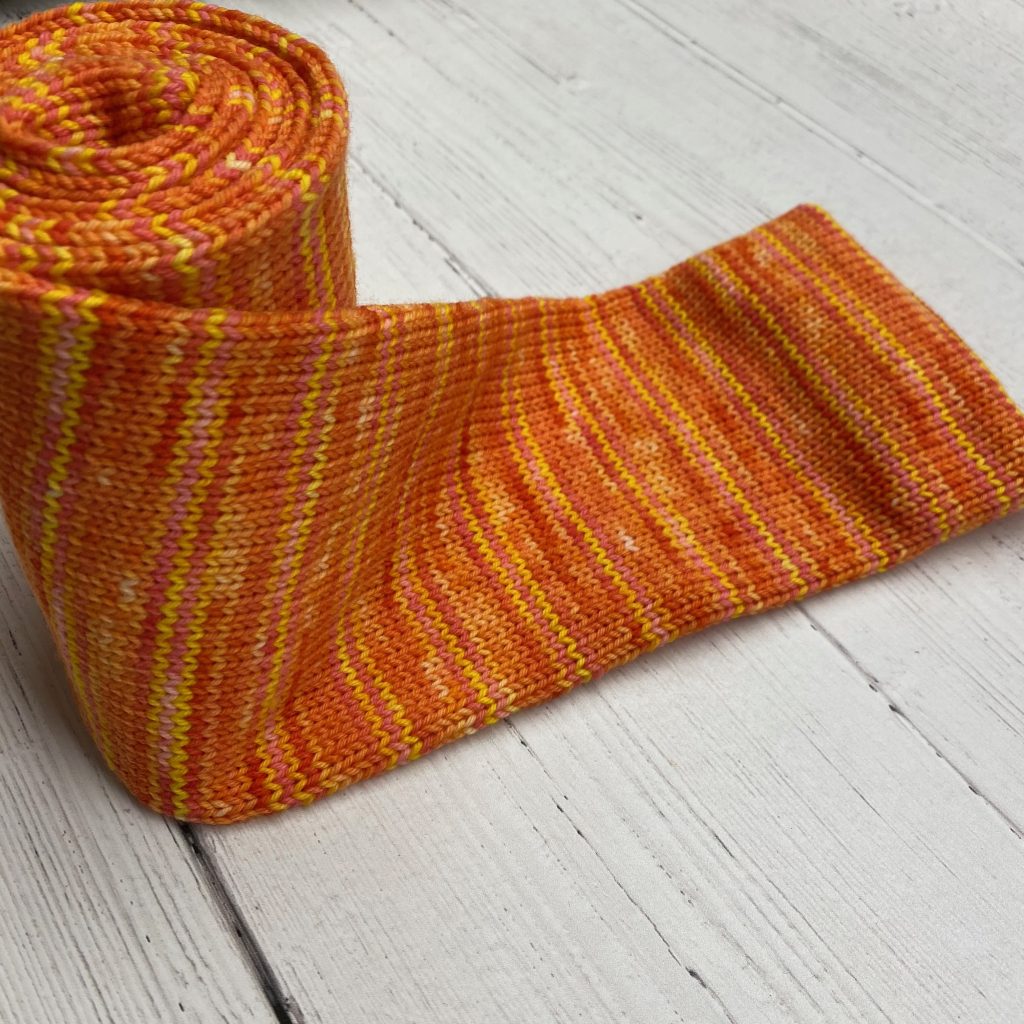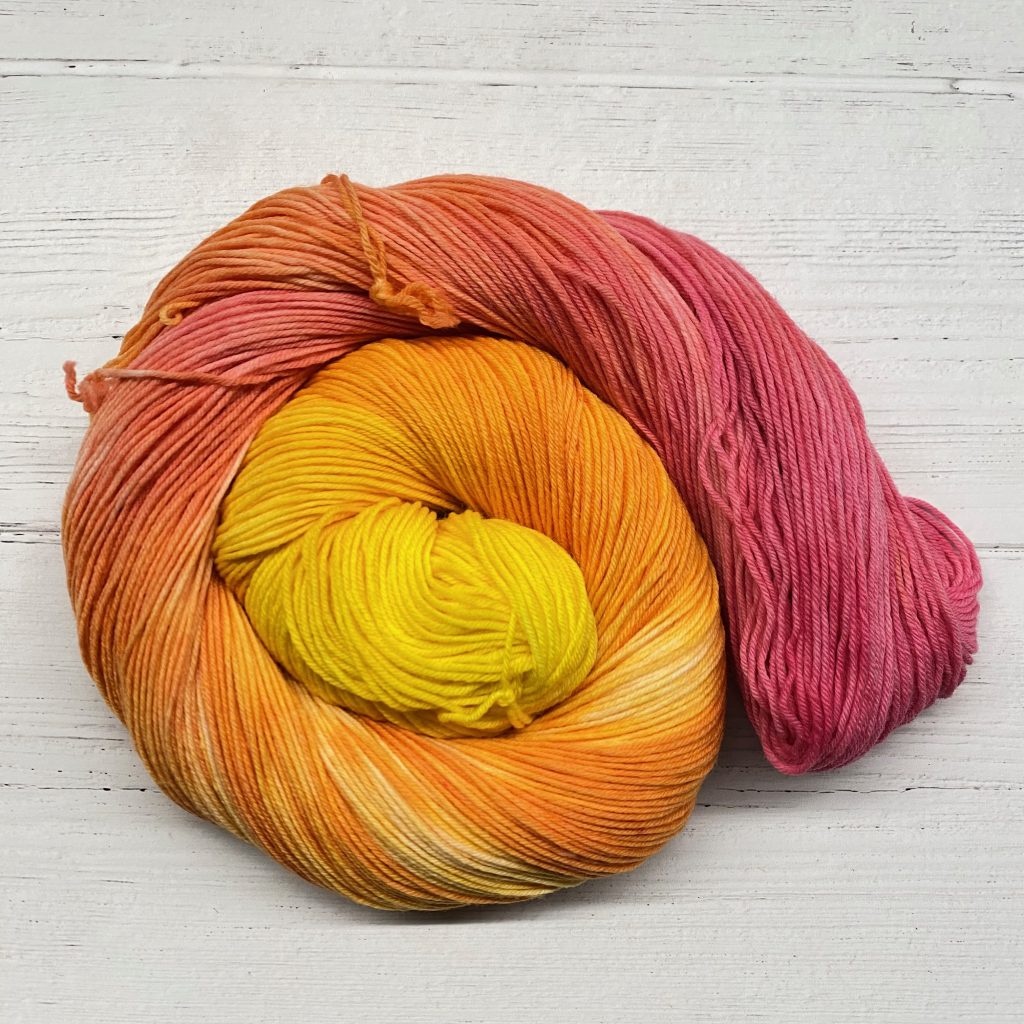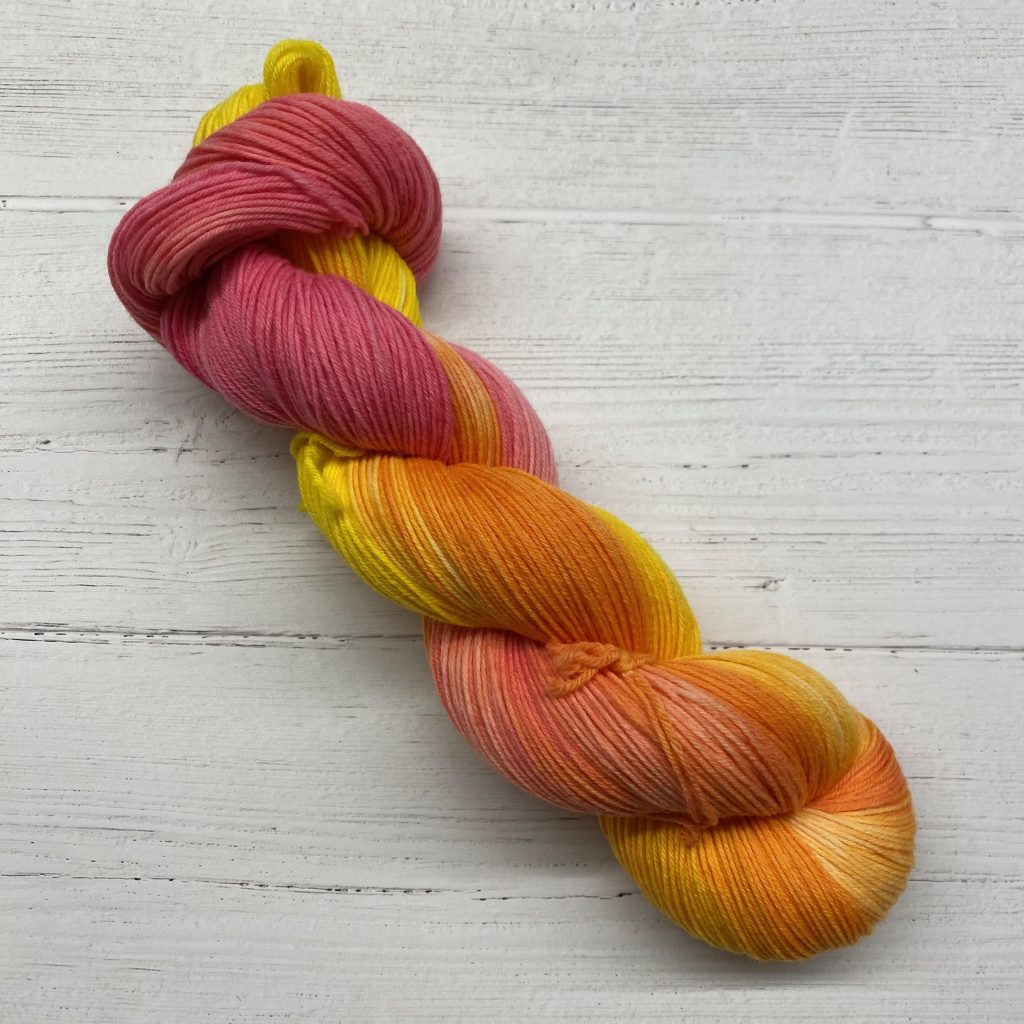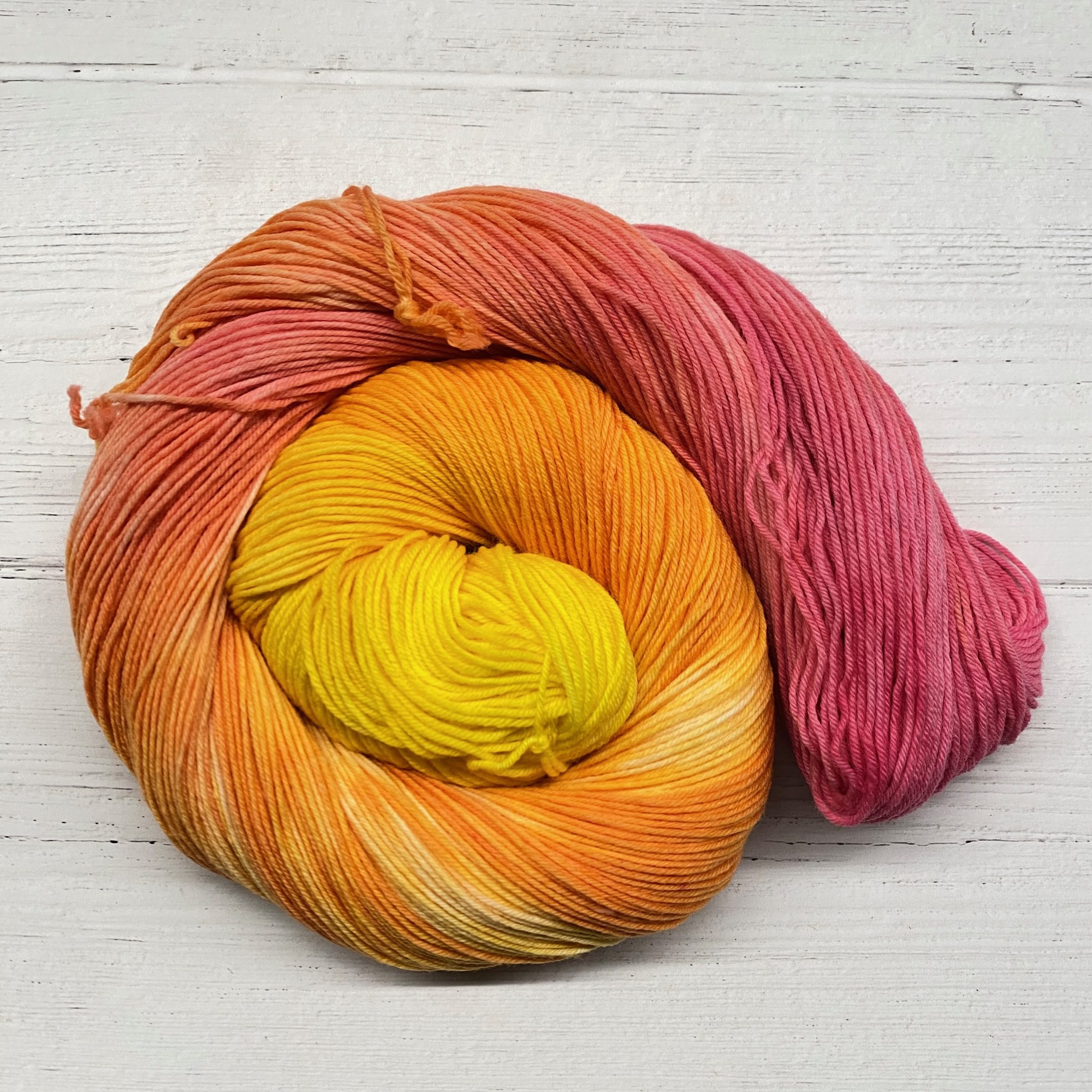We have been blessed by Beyonce’s newest album, Cowboy Carter, not only for the amazing music, but for all we have learned about country music and its roots in the African American diaspora. There has been lots of grumbling about a Black woman singing country, and we are here to confront those grumbles and dispel the incorrect beliefs that country music is somehow a white person thing. Country music, cowboys, and the banjo are all direct descendants of the music and knowledge that Africans brought with them when they were forcibly kidnapped from Africa and enslaved in America.
Linda Martell, born in 1941 and raised in North Carolina, was the first Black woman artist to play at the Grand Ole Opry. She was the first Black woman to be commercially successful as a country music artist, with her sole album, Color Me Country, reaching number 40 on the Billboard Top Country Albums Chart. She was the first Black woman to perform on Hee Haw. Due to all of the usual suspects (racism, misogyny, and more racism), her career didn’t advance the way her talent indicated it should, and her legacy became mostly known, honored, and recognized by other Black women in country music. Until, that is, Cowboy Carter.
Martell started her singing career in R&B, in a group with her sister and cousins that never achieved much commercial success. After their group disbanded, she was “discovered” while singing at an air force base, and encouraged to break into country music with a record label called (yikes): Plantation Records (and yes, the name bothered the heck out of her, but she didn’t feel she could pass up this opportunity). She recorded her album with this label, and three of the singles hit the country charts, but support for a Black female country music artist in 1970 was neither strong nor wide-ranging. When the combination of the label lessening its support and promotion for her music in favor of a white female performer and the constant heckling and racism she experienced while on the road got to be too much, and finding a new record label just plain didn’t happen, Martell stepped away from the country music lifestyle. She had an expansive and musical life: running a record store in Brooklyn, performing non-country music on cruise ships, and even driving a school bus back in North Carolina. But, for a long time, it seemed her short-lived success was a flash in the pan and, this ground-breaking artist had been all but forgotten due to that hallmark of America, white supremacy.
More and more in the past several years, Martell has been remembered, discussed, interviewed, and honored for the impact she made on country music. Her granddaughter is currently producing (and crowd-funding) a a documentary about her called Bad Case of the Country Blues: the Linda Martell Story; the trailer is up and available to watch (link here: https://youtu.be/uI-s7jK61UQ?si=UKUj8n00VOqQuMTO). Her influence is felt by every Black female country artist making music today, and many pay homage to her legacy. Rissi Palmer named her podcast Color Me Country, after Martell’s groundbreaking album of the same name. Maren Morris thanked Martell for her influence in her 2020 acceptance speech for winning Female Vocalist of the Year at a country music awards show. And, as we all know, Beyonce not only invited Martell to provide voice-over support on Cowboy Carter, but also named one of the tracks The Linda Martell Show.
Our April color is inspired by the Snapdragon, because they are ‘known to grow in rocky areas. The snapdragons tenacity and ability to bloom in poor conditions has led it being seen as a symbol of strength in trying circumstances, and we think Linda Martell has done just that!

